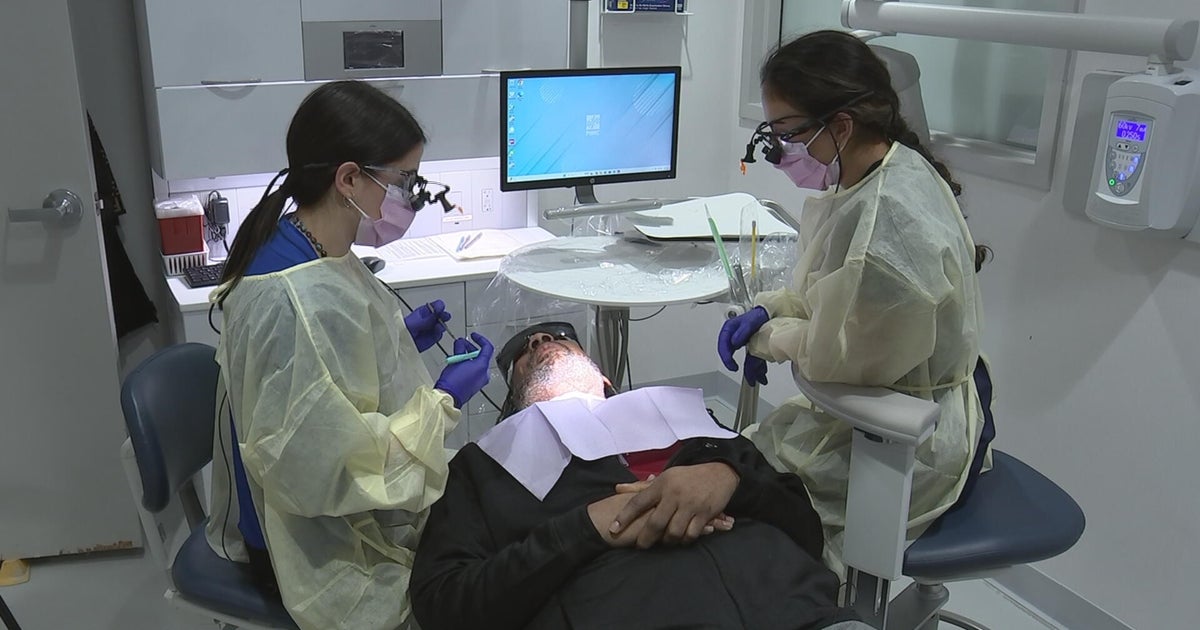Hormone Replacement Therapy for menopause makes a comeback
PHILADELPHIA (CBS) -- Hormone replacement therapy is making a comeback for the treatment of menopause. Doctors say hormone therapy is the most effective treatment for debilitating menopause symptoms that many women experience.
Its popularity dropped after a controversial study that's now being refuted.
When 52-year-old Vogal James started feeling exhausted and had night sweats, she thought she was coming down with something. But it wasn't the flu, it was menopause.
"I was just like clutch my pearls," James said. "What do you mean menopause?"
Thirty years ago, most women like James were given estrogen, often with progesterone, not only to treat menopausal symptoms like hot flashes, fatigue, and mood swings but also to reduce their risk of chronic disease.
Then a landmark study published in JAMA in 2002 found a small increased risk of heart disease and breast cancer in women taking hormones.
"The report led to a great deal of alarm and confusion," Dr. JoAnn Manson said.
Dr. Manson was the lead author of the study.
"It was never stated by the WHI investigators that women taking hormone therapy should immediately toss their pills and patches. But that is how the results were interpreted," Manson said.
There was a 70-80% reduction in the use of hormones, leaving millions of women without relief and most clinicians not even willing to discuss them as an option. But that is changing.
"You should be able to feel the best version of yourself on every single day," Dr. Tara Iyer said.
Hormone replacement therapy isn't usually advised for women with a history of breast cancer.
"The data frankly shows that in healthy younger women with no contraindications, the benefits far outweigh the risks," Iyer said.
"We started on estrogen and it's been a game changer," James said. "And that's what I want women to have is control of their menopause."
Just like she does.
If you're having trouble finding a provider to discuss the risks and benefits of hormones, the North American Menopause Society has a list of local medical providers trained in menopause management.







